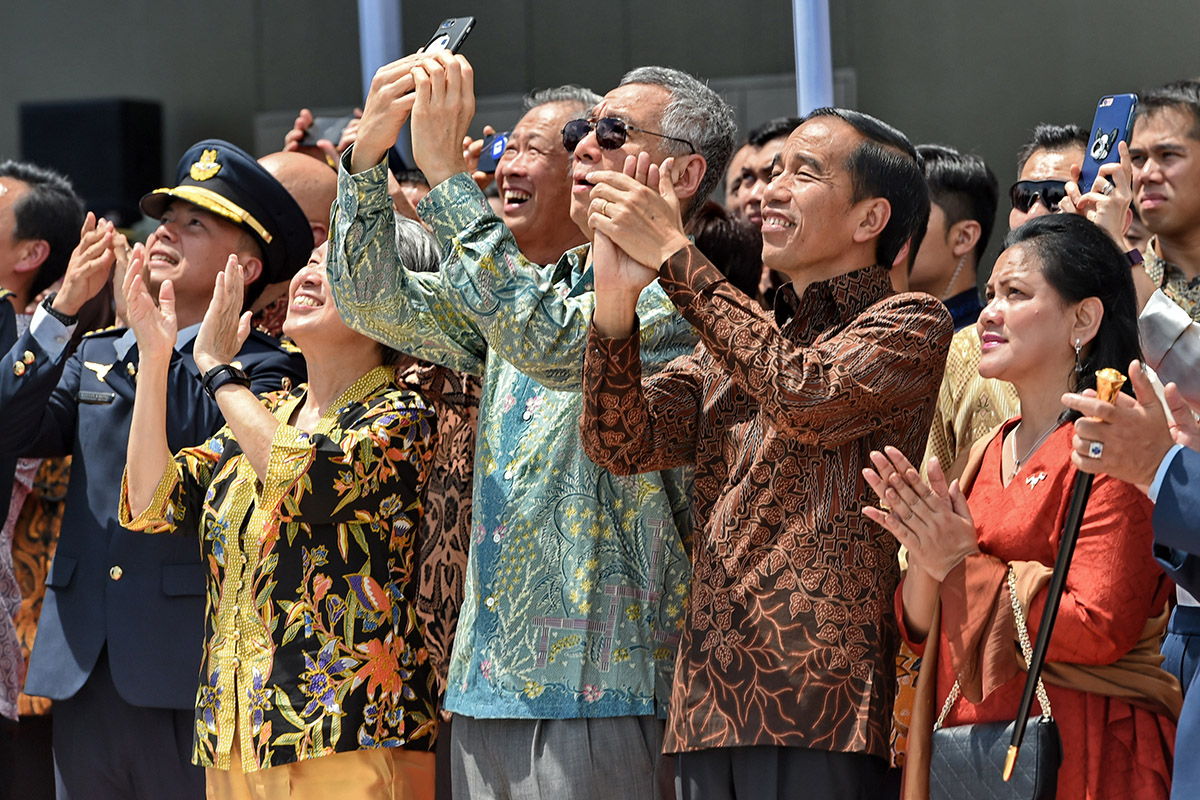A newly released survey conducted by Singaporean based ISEAS-Yusof Ishak Institute (Institute of Southeast Asian Studies), found that ASEAN (the Association of Southeast Asian Nations) is considered to be most important to Indonesians.
Respondents were given a choice of countries to rank in terms of admiration and topping the list was the regional association as well as countries like Malaysia, Singapore and Thailand. The survey was conducted based on the responses of 1,620 individuals aged 17 and above from all 34 Indonesian provinces to ensure a holistic representation of opinions and attitudes.
The release of the survey comes on the heels of Indonesian President Joko “Jokowi” Widodo’s state visit to Singapore. Speaking to the press after a Leaders’ Retreat meeting on Thursday, Jokowi lauded the association’s success in making the region more peaceful, stable and prosperous.
He expressed his full support for Singapore’s chairmanship of ASEAN in 2018 and added that “ASEAN unity and centrality must always be our shared concern so that ASEAN remains relevant for its members and its people and can contribute to the greater good.”
Jokowi’s sentiments mirrored his previous comments made during the ASEAN Summit in Manila in April when he stressed that the leaders of the organisation must be courageous to discern ASEAN’s strengths and weaknesses so that the association would continue being relevant for the ASEAN people and the world.
The survey also found that 68 percent of those polled approved of Jokowi.
There was also significant support for punishment against blasphemy towards Islam and for the voting of a Muslim leader into office.
Indonesians were also found to be warier of China as most respondents felt that the importation of Chinese migrant workers and Chinese investments should be regulated by the government. Nevertheless, they accepted that close economic ties with Beijing would still be beneficial.
The Indonesia National Survey Project was commissioned by the Indonesia Studies Programme of ISEAS-Yusof Ishak Institute and covers a wide range of issues, like the economy, religious sentiments, political attitudes and perception of other countries.
